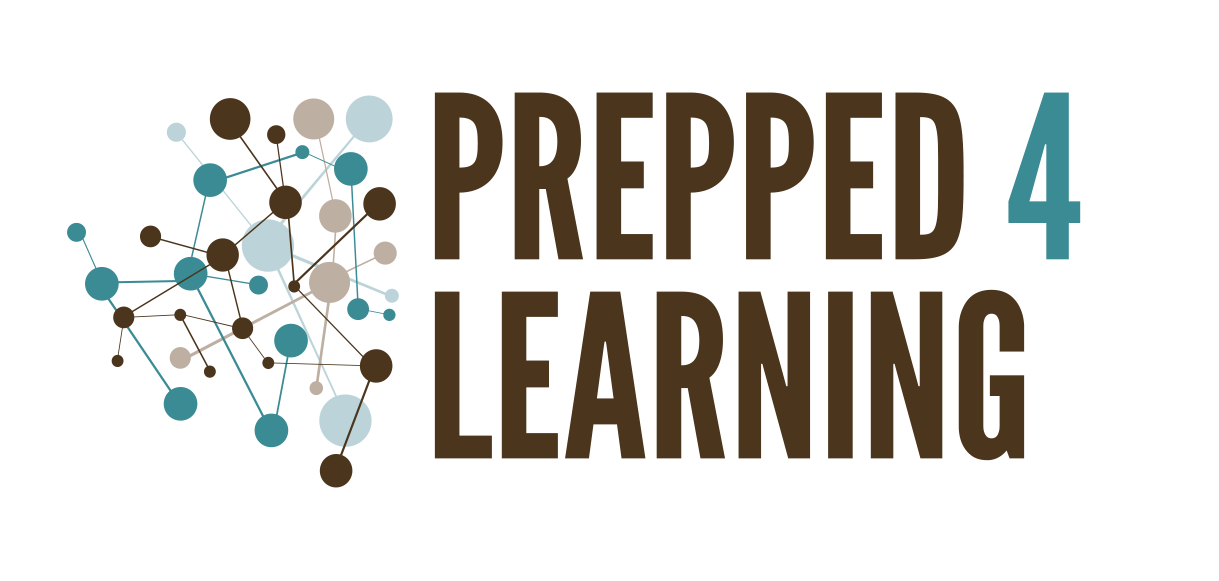
About EMDR Therapy
What is EMDR Therapy?
Eye Movement Desensitization and Reprocessing (EMDR) Therapy is a powerful, evidence-based approach designed to help individuals process and heal from traumatic experiences and distressing memories. It involves an eight-phase approach, guiding clients through the process of identifying, processing, and integrating traumatic memories. During EMDR sessions, you will focus on an overwhelming memory while following guided eye movements, tapping, or auditory tones provided by your therapist. This process helps to desensitize the emotional impact of the memory and reinforces positive beliefs to replace negative ones. It doesn’t seem to matter if the experience occurred a long time ago or more recently, EMDR Therapy addresses the emotional, cognitive, and physical aspects of an overwhelming experience, promoting healing.
Benefits of EMDR Therapy
EMDR Therapy has been researched and proven to effectively reduce symptoms of PTSD, anxiety, depression, and other trauma-related conditions. Many clients experience substantial improvement in a relatively short period compared to traditional talk therapies. If you are struggling with traumatic memories, distressing emotions, or negative beliefs about yourself, EMDR Therapy may be a beneficial treatment option. Suitable for individuals of all ages, it can be adapted to address a wide range of issues, including single-event traumas and complex trauma. Your therapist will be there to support and guide you through each step, ensuring your safety and comfort throughout the healing process.
How does EMDR Therapy work?
EMDR Therapy is based on the Adaptive Information Processing (AIP) model, which suggests that our brains are naturally wired to process and make sense of experiences in a healthy way. When something overwhelming or traumatic happens, that process can get disrupted. Instead of being fully processed, the memory, including the associated images, emotions, body sensations, and beliefs, can become linked in a way that keeps it feeling present and distressing, even long after the event is over.
EMDR Therapy helps the brain resume its natural healing process. By gently activating the memory in a safe and supportive environment, and using bilateral stimulation (such as eye movements, tapping, or sounds), EMDR encourages new links to form between the distressing memory and more adaptive, helpful information. This allows the memory to become better integrated, so it feels more like something that happened in the past, rather than something that’s happening now.
As this integration occurs, the emotional intensity of the memory often decreases. Clients often find that painful beliefs, such as “I’m not safe” or “It was my fault,” begin to shift towards more empowering and adaptive ones. EMDR doesn't erase memories; instead, it helps you relate to them in a new way, without feeling overwhelmed.
The goal of EMDR therapy is to transform how difficult experiences are linked in the brain so that they no longer trigger the same level of distress in the present. Many individuals report feeling lighter, more grounded, and more connected to themselves after EMDR, gaining not only relief but also a renewed sense of clarity and self-worth.
What can EMDR Therapy help with?
EMDR Therapy can be used to address a wide range of challenges, including:
Anxiety, panic attacks, and phobias
Chronic illness and medical issues
Depression
Bipolar disorder
Dissociative disorders
Eating disorders
Grief and loss
Pain
Performance anxiety
Personality disorders
Post-traumatic stress disorder and other trauma and stress-related disorders
Sexual assault
Sleep disturbances
Substance abuse and addiction
Violence and abuse
EMDR Therapy is widely recognized as an effective treatment for trauma by leading national and international organizations, including the American Psychiatric Association, the World Health Organization, the U.S. Department of Veterans Affairs and Department of Defence, the UK Department of Health, and the International Society for Traumatic Stress Studies.
In addition to trauma, EMDR Therapy is supported by the U.S. Substance Abuse and Mental Health Services Administration and others as an evidence-based treatment for anxiety and depression. The World Health Organization recommends EMDR as a first-line treatment for PTSD in children, adolescents, and adults.
